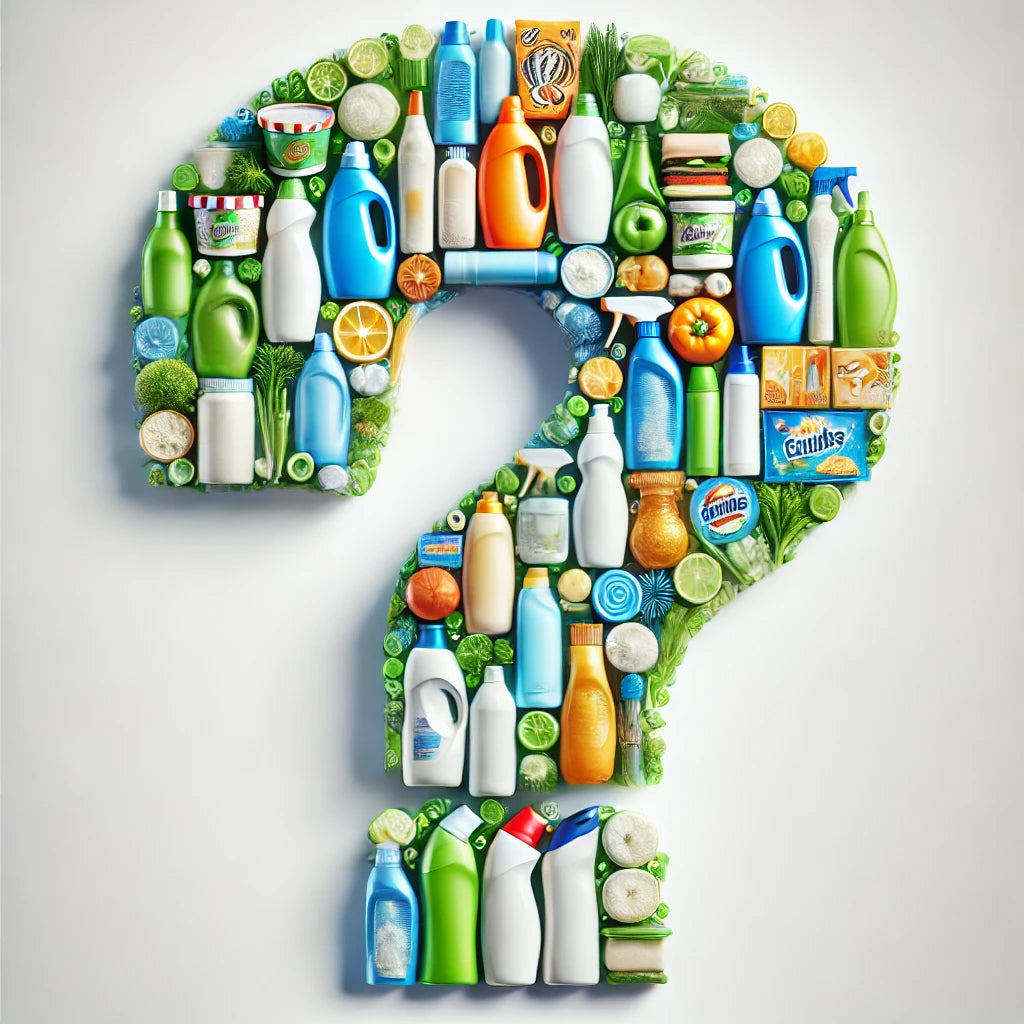Keurig is widely known for its convenient coffee pods and brewing systems, often marketed with promises of sustainability and environmental responsibility. However, given the environmental concerns associated with single-use plastic pods, questions arise about whether Keurig’s sustainability efforts are genuine or primarily marketing-driven. Let’s explore whether Keurig’s claims hold up or if they are engaging in greenwashing.
What is Greenwashing?
Greenwashing occurs when companies present themselves as environmentally friendly, yet their actions don’t fully align with these claims. For Keurig, this could mean promoting recyclable pods and sustainability initiatives while continuing practices that contribute significantly to plastic waste.
Keurig’s Sustainability Goals
Keurig has pledged several sustainability goals to address environmental concerns. The company aims to make 100% of its K-Cup pods recyclable and has set targets to reduce its carbon footprint by investing in renewable energy and more sustainable manufacturing practices. They also aim to use more sustainably sourced coffee beans and to achieve net-zero waste in manufacturing by 2025.
The Positive Moves
Keurig has taken some steps toward its sustainability goals:
- Recyclable K-Cups: Keurig introduced a recyclable version of its popular K-Cups to reduce single-use plastic waste.
- Sustainable Coffee Sourcing: The company has partnered with organizations to support farmers and has committed to responsibly sourcing 100% of its coffee.
- Energy Efficiency: Keurig has taken measures to make its brewing systems more energy-efficient, promoting less energy consumption per cup.
These initiatives suggest Keurig is making an effort toward sustainability. However, it’s essential to weigh these actions against their broader environmental impact.
The Contradictions and Concerns
Despite these efforts, several aspects of Keurig’s operations raise doubts about its commitment to sustainability:
- Plastic Waste: Even though Keurig K-Cups are recyclable, many recycling facilities cannot process them due to their small size, which means a large portion of used pods still end up in landfills.
- Limited Consumer Education: Keurig’s recyclable pods require special handling to be properly recycled, but there is minimal guidance or awareness provided to consumers on the correct disposal methods.
- Packaging Waste: While some steps have been taken to reduce waste, Keurig’s pods still produce substantial plastic waste due to the single-use nature of the product, which contradicts the company’s zero-waste claims.
Greenwashing or Genuine Commitment?
Keurig has made visible efforts to improve its sustainability profile, such as introducing recyclable K-Cups and working toward sustainable coffee sourcing. However, the challenges with recycling pods and the high level of plastic waste associated with their product make it difficult to see them as truly eco-friendly. The complexity of proper recycling procedures further suggests that Keurig’s efforts may not be as impactful as the company portrays.
While Keurig is taking steps toward sustainability, their reliance on single-use pods and the obstacles in the recycling process indicate that there is still significant progress to be made.
Sources
- Keurig’s Sustainability Goals: https://www.keurig.com/sustainability
- Keurig’s Recyclable K-Cups: https://www.keurig.com/recyclable-k-cups
- Impact of Single-Use Plastic Waste: https://www.plasticpollutioncoalition.org/single-use-plastics



